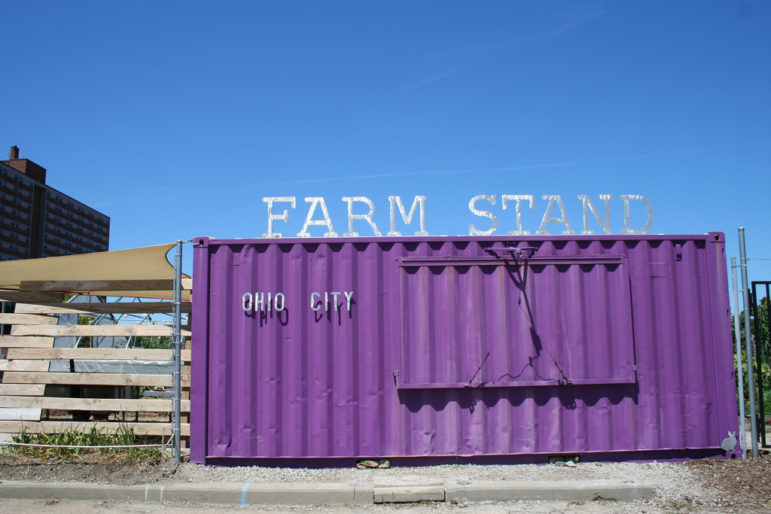
July 21, 2016; Fusion
Against the backdrop of negative rhetoric about refugees from the stage at the RNC in Cleveland last week, an example of refugees working and contributing to the community was taking place less than two miles from Quicken Loans Arena.
Currently, eight refugees are employed at Ohio City Farm, which is run by the nonprofit organization, The Refugee Response. At the farm, a six-acre tract considered the largest contiguous urban farm on the continent, refugees grow produce and flowers. Produce grown on the farm is sold to one of 18 restaurants, or at a market stand at the West Side Market, or to area residents through a community service agriculture program. The refugees who work on the farm are doing more than simply earning a paycheck; they are receiving training on how to select seed, prepare packing for, and distribute the food they grow.
Sign up for our free newsletters
Subscribe to NPQ's newsletters to have our top stories delivered directly to your inbox.
By signing up, you agree to our privacy policy and terms of use, and to receive messages from NPQ and our partners.
The Refugee Response is a coalition that resettles and supports refugees upon their arrival to the Cleveland area. Its goal is to provide refugees with opportunities to become self-sufficient and contributing members of the community. Founders Paul Neundorfer and David Wallis were driven to start the agency after spending time working with refugees in Thailand in the early 2000s. The farming program was launched when it was discovered that approximately 80 percent of the refugees arriving in Cleveland had a background in farming. Additional programs include home tutoring, providing scholarships for students to attend private schools such as St. Ignatius and St. Joseph Academy, and fiscal literacy workshops.
The United States settles more refugees than any other country. The top five states receiving refugees are Arizona, California, Illinois, Michigan, and Texas. One-third of the refugees coming to America are from the Near East/South Asia, which includes Iraq, Iran, Bhutan, and Afghanistan. Another third come from Africa, and one-quarter comes from East Asia, which includes China, Vietnam, and Indonesia. Once a refugee is cleared for relocation, volunteer agencies at the community level, such as The Refugee Response, are responsible for arranging food, housing, clothing, employment counseling, and medical care. Refugees are expected to have a job within six months of relocation. This is an important component of resettlement because refugees are expected to repay the U.S. government for their travel from their home country. After one year, a refugee can apply for lawful resident status. After five years, he or she can apply for citizenship.
In Donald Trump’s acceptance speech on the last night of the Republican convention, he stated that he only wants to allow people in who support American values and who love American people. If elected president, he would have the power, in collaboration with Congress, to determine the number of refugees that can settle in America. For the fiscal year 2016, the number of refugees was capped at 85,000—a 15,000-person increase over the previous year. Of the eight refugees working on The Refugee Response farm, two became American citizens in 2015. They are unsure for whom they will vote in November’s election.—Kelley Malcolm













